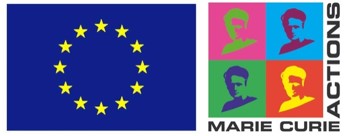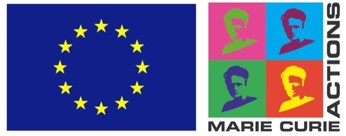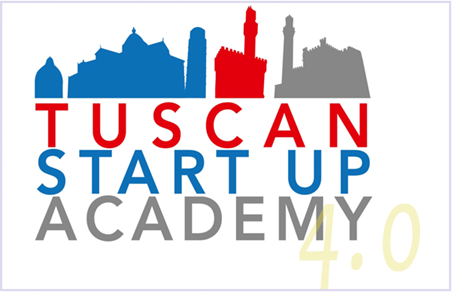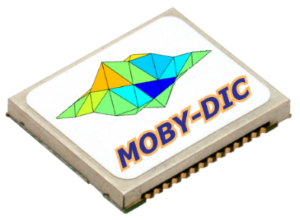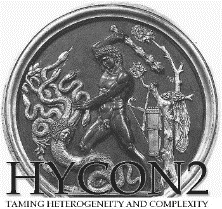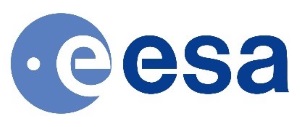Model predictive control (MPC) is applied with success in industry for automating constrained multivariable dynamical systems in an optimized way. However, some crucial aspects of MPC design largely remain to be addressed to unleash the full potential of MPC in applications: the efforts required to collect experimental data, identify the prediction model, and calibrate the controller, must be reduced considerably; the controller must self-adapt seamlessly to cope with unforeseen changes and not require excessively demanding computer hardware for deployment. This project aims to address methodologically such aspects and establish a theoretical and algorithmic framework for designing the next generation of nonlinear adaptive embedded MPC systems from data. Firstly, to reduce data-collection efforts significantly, we will develop tools that enable the design of experiments based on novel active-learning approaches to nonlinear system identification, coupled with robust MPC schemes to ensure safe data collection. Secondly, to cut calibration efforts down drastically, we will devise innovative preference-based methods that can learn from calibrators' assessments and automatically detect critical closed-loop scenarios. Thirdly, we will develop methods for seemingly adapting the prediction model at runtime to cope with uncertainties and model mismatches not seen during the design, as well as methods for approximating the control law with different tradeoffs between the amount of required online computations and the obtained closed-loop performance. To demonstrate the potential industrial use of the methodologies and algorithms developed in the project, we will formulate and solve laboratory benchmark problems on an experimental robotic platform, a challenging system for data-driven control due to its highly nonlinear, multi-input/multi-output, and fast-sampling dynamics.
